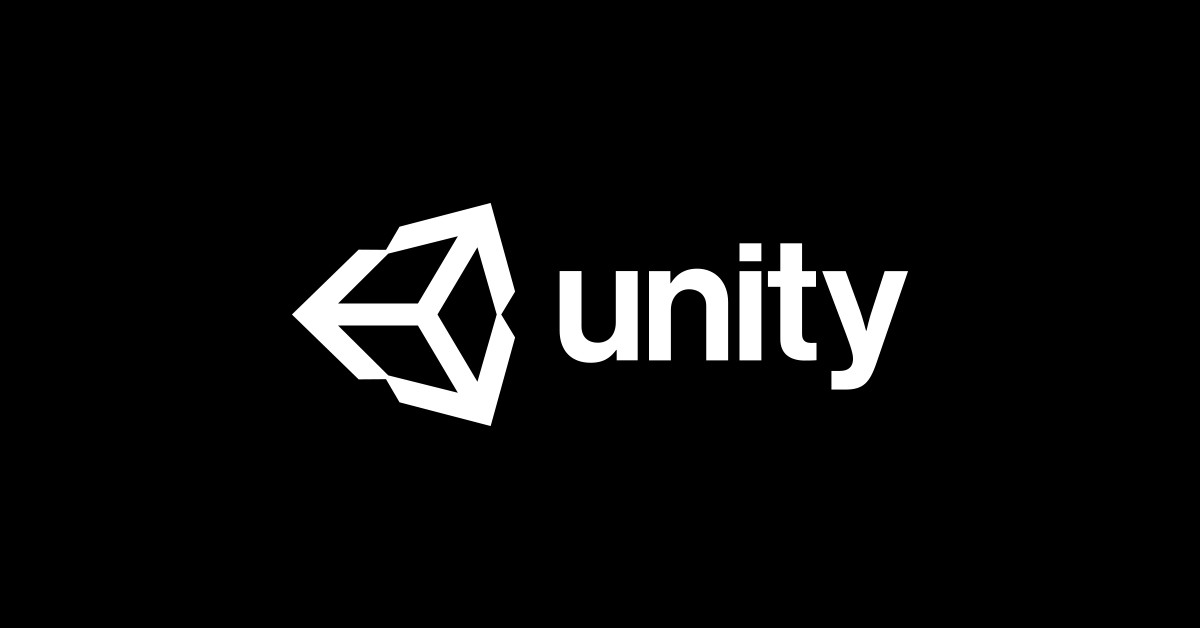- cross-posted to:
- [email protected]
- [email protected]
- technology
- cross-posted to:
- [email protected]
- [email protected]
- technology
The new model makes no sense whatsoever.
If I install a game I bought on both my desktop and steamdeck, the devs have to pay unity twice. If I uninstall it and re-install it, they have to pay it thrice. Four times if I ever use my laptop to play.
If I share the game with my dad and sister via steam family share, the devs have to pay yet another two times.
But I only paid for the game once.
It’s complete insanity. Do they have to pay again for every update, does that count as a new install? What about games on subscription services?
You missed one: They initially said that web-based games count as installs, too. Insanity.
pirate game 6 million times company loses $60 million
This is the best summary I could come up with:
Popular video game engine Unity is making big changes to its pricing structure that’s causing confusion and anger among developers.
“We are introducing a Unity Runtime Fee that is based upon each time a qualifying game is downloaded by an end user,” the company shared on its blog.
Also we believe that an initial install-based fee allows creators to keep the ongoing financial gains from player engagement, unlike a revenue share.”
Additionally, there’s the concern that malicious actors could use this information to run up charges by continuously downloading and redownloading games as a form of protest or griefing.
All those fears were seemingly confirmed when Stephen Totilo of Axios tweeted that Unity stated it would indeed charge a developer each time a game was redownloaded or downloaded to different devices.
An additional tweet from Totilo stated that Unity would implement fraud detection tools and allow developers to report potential cases of abuse.
The original article contains 989 words, the summary contains 153 words. Saved 85%. I’m a bot and I’m open source!





